"We are at the beginning of a campaign that will be characterized by an increased availability of small and medium sized citrus fruits. If the weather conditions are favorable, we can expect an extended commercial campaign. More than the size of the fruit, I'm concerned about the reaction of the consumer, who in the current crisis, faced with so many temptations to buy, is going to spend the bare minimum on fruit and vegetables," says Giovanni Grasso of the eponymous company, which owns the La Zagara brand and is continuing the export business started in 1969 by his father Salvatore Grasso.
The company has been producing citrus fruits, seedless grapes and cherry tomatoes for more than 30 years. The company's operations are located in two regions: Apulia and Sicily.
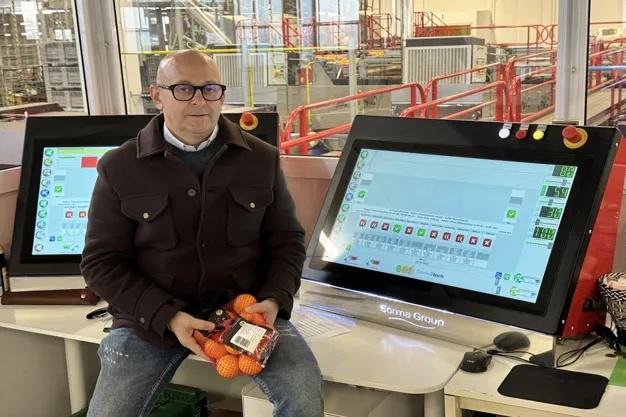 Giovanni Grasso
Giovanni Grasso
With a production base of about 400 hectares - the majority of which is located in Sicily - Zagara SSA produces citrus fruits (in particular red pulp oranges), cherry tomatoes, and grapes. For years, the company has implemented a program of varietal innovation and replanting areas severely affected by Citrus Tristeza Virus (CTV).
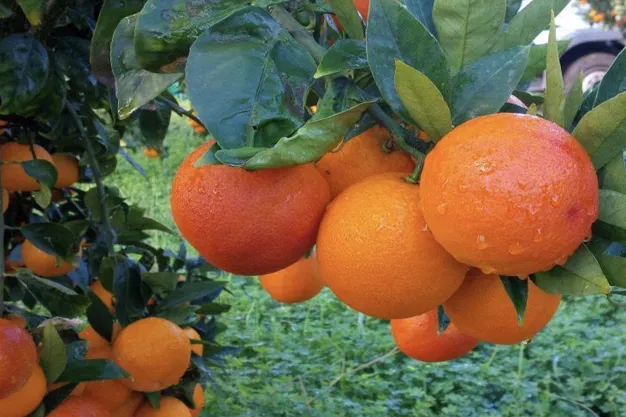
"The vast majority of our sales go abroad," explains Giovanni Grasso. "We mainly supply supermarket chains in almost all northern European countries. Over the years, even in the periods when things were not so good, we gained a lot of experience together with our trading partners. Germany, for example, is a famously difficult market because expectations are high and prices can vary. However, with our blood oranges we are doing very well on the German markets and have fewer problems than with regular oranges, whose market is dominated by Spain".
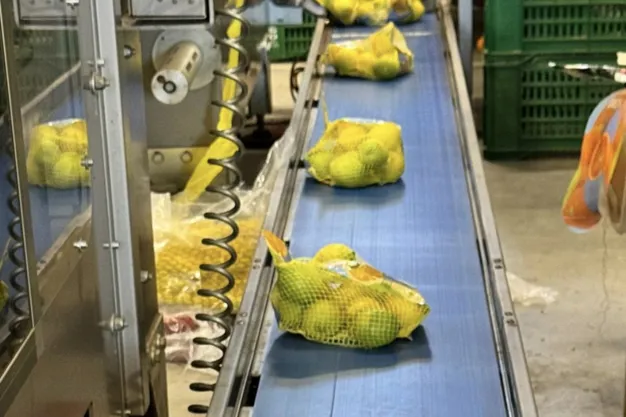
"One of the company's strengths is its varietal diversification," says Giovanni Grasso. "We have the right balance of products on the market from December to May, which guarantees continuity to retailers. Prices always depend on quality, so growers who have high quality produce with the right size grading have a good bargaining chip.
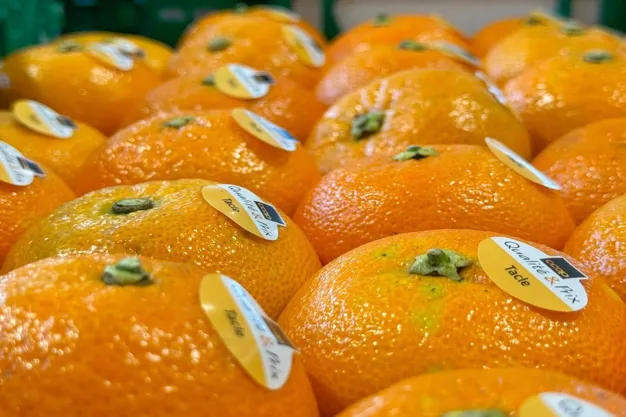
"The citrus season is only a few weeks old, so it is too early to predict how the market will react. Each variety represents a particular phase of the season. "We always start with the Moro orange. Then we continue with the different Tarocco clones until May. Some new clones, both early and late, will allow us to stay on the market for a longer period of time. These clones are more resistant to diseases and pests and have a higher anthocyane content than other blood oranges, improving quality."
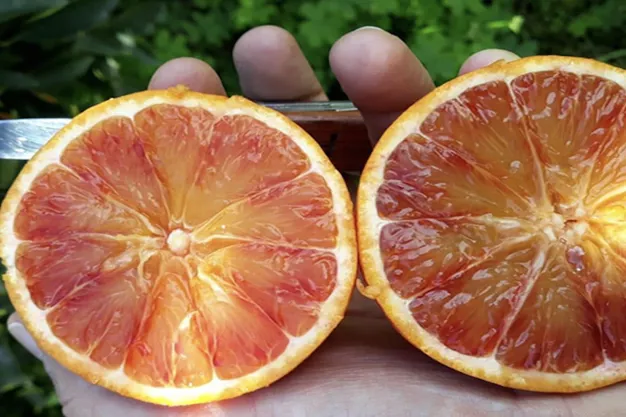
"In an extremely fragmented industry, I reiterate the importance of aggregation," concludes the entrepreneur. "The strength of a supply chain is also decisive in rebalancing market prices. I'm thinking of more sophisticated forms of aggregation. They're able to plan for the long term and at the same time anticipate the tastes and trends of end customers. The current market is international and knows exactly what it wants, which is why it is necessary to plan for the long term and play with a clear vision of the challenges facing the sector. It is essential to get away from the approach of hoping to sell what we have.”
For more information: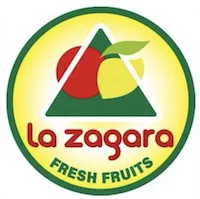
La Zagara
Giovanni Grasso S.r.l.
C.da Vignagrande s.n.
Fiumefreddo di Sicilia - 95013 - CT
(+39) 095 7762652
info@zagara.com
www.zagara.com
